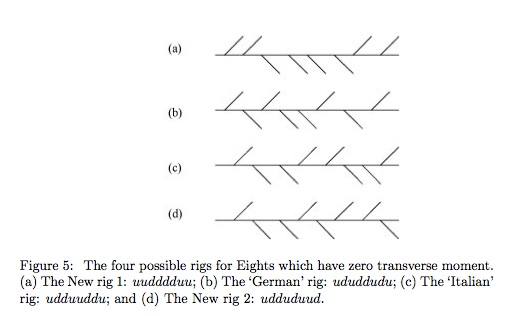I’m often amused by the ‘Books of the Year’ lists that are a feature of literary pages at this time of year. They are delicious show-cases of judicious back-scratching by celebrity reviewers and authors. Yesterday’s literary supplements provided some interesting examples of how participants tailor their lists to different publications.
Here, for example, is Colm Tóibín writing in the Guardian.
Mary-Kay Wilmers’s The Eitingons (Faber) is a secret history of the 20th century in which members of her family played a crucial role – one in the fur trade after the Russian revolution; another as an early disciple of Freud’s; and a third, an agent of Stalin’s, who set up the assassination of Trotsky. The fact that this last one was the most fun, or at least the most fascinating, is an aspect of the book’s originality. I found the book a riveting piece of story-telling.
The best novel I read this year was Rawi Hage’s Cockroach (Hamish Hamilton), which tells the story of an ungrateful immigrant, filled with angst and attitude, in a Montreal which could be Kafka’s Prague. It is a dark book, narrated with verve and brilliance. It made me jump for joy.
Paul Durcan’s Life is a Dream (Harvill Secker) is a generous selection of his poetry over the past 40 years, and displays his skill, his importance and his bravery, his willingness to tackle difficult public matters but also to explore with eloquence and fierce honesty the most private areas of the self.
And here is the same Colm Tóibín giving his list in the Irish Times.
Diarmaid Ferriter’s Occasions of Sin: Sex and Society in Modern Ireland (Profile) is a brilliant re-examination of the gnarled intersection between public life and private life in Ireland since the foundation of the state. His use of the Irish Queer Archive in the National Library is particularly valuable.
Fintan O’Toole’s Ship of Fools: How Stupidity and Corruption Sank the Celtic Tiger (Faber) offers an account of what was done to the Irish economy over the past 20 years which is lucid and convincing. It is an essential book for anyone who wants the facts and the background to refute the idea that what happened to the Irish economy was a sad accident.
Paula Meehan’s Painting Rain (Carcanet) displays one of our best poets at her most eloquent. These are poems which both confront and celebrate the world we inhabit, but they also manage in their rhythms to transcend that world. Eibhear Walsh’s Cissie’s Abattoir (Collins Press) is a wonderful memoir of growing up gay in Waterford city, and growing up in a funny and loving and often hilarious family.
Note that there’s no overlap between the two lists. Note also the fulsome reference to Fintan ‘the Curate’ O’Toole. Interestingly, his ‘books of the year’ include this puff for — you guessed it — Colm Tóibín:
Colm Tóibín’s Brooklyn (Penguin) is a small masterpiece of resonant understatement. While maintaining complete fidelity to a simple, beautifully detailed story, it becomes a luminous exploration of the central human experience of exile. It tells us what it is like to live in two worlds at the same time.
Aw, shucks!
Anthony Beevor is another literary celeb who figures in both the Guardian and the Irish Times. Here he is writing in the Guardian:
My book of the year is Javier Marías’s conclusion to his Your Face Tomorrow trilogy. Although an unashamed novel of ideas, Poison, Shadow and Farewell (Chatto & Windus) possesses an astonishing tension which makes it hard to put down. Marías’s observation in exquisite detail has prompted many comparisons to Proust, but his themes, including human corruption through state secrecy and power, could hardly be more contemporary. It is probably the most powerful and important novel to appear in European literature for some time.
His dispatch in the Irish Times is fuller:
This year has seen the publication of two very important European novels; Jonathan Littell’s The Kindly Ones (Chatto) is the defiant confession of an SS officer involved in the Holocaust. It is a masterpiece, however flawed and controversial because of a sexual-scatalogical element. American reviewers hated it, perhaps because the French had lauded it so much with the Prix Goncourt and Prix de l’Académie Française.
Javier Marias’s final volume in his trilogy Your Face Tomorrow 3: Poison, Shadow and Farewell (Chatto), is a novel of ideas focusing on secrecy, betrayal and the threat of violence, both state and private. Twisting like the double-helix of human DNA, shame and guilt, power and impotence, treachery and loyalty, domination and humiliation, love and hate, the past and the present, all are revolved in this extraordinary and unashamed novel of ideas.
Interesting, ne c’est pas?


